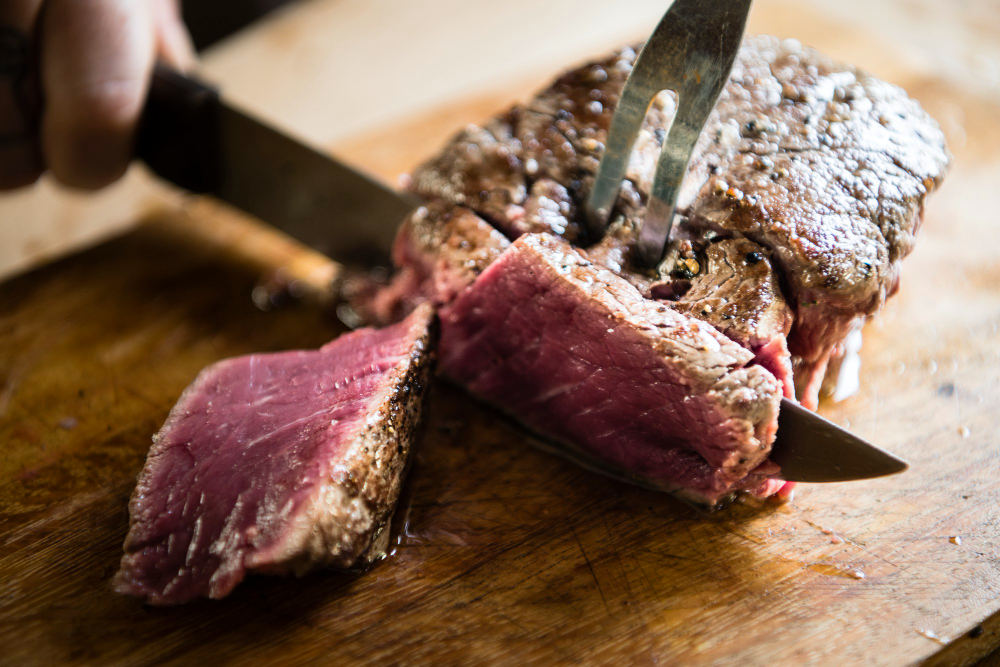The European Parliament has approved a proposal seeking to ban the use of traditional meat names—such as “hamburger,” “steak,” “sausage,” or “escalope”—on products that do not contain animal meat.
The measure, which still needs to be reviewed by the Council and the European Commission before becoming law, establishes that these terms should be reserved exclusively for products containing edible animal parts, in line with the protection of language and clarity on food labeling.

Protection of meat-related language and clarity for consumers
The aim of the initiative is to preserve the historical and cultural significance of terms associated with meat and avoid confusion among consumers. Representatives of the European agricultural and livestock sector argue that the use of meat names for plant-based products can be misleading and exploit the reputation of traditional products.
This proposal is similar to the one already in place in the dairy sector: since 2013, the European Union has banned the use of the word “milk” for plant-based beverages, giving rise to terms such as “oat milk” or “soy milk.”
Economic Context and Relevance of the Livestock Sector
The debate comes at a time when meat consumption in the European Union has steadily declined due to rising prices, production restrictions, and sustainability concerns. According to European Commission forecasts, demand could fall between 5% and 6% over the next decade, reinforcing the importance of protecting and enhancing the value of meat products compared to other growing segments.
Reactions from the Plant-Based Sector
Plant-based product companies have expressed their opposition to the measure, arguing that consumers are not confused by the use of terms such as “vegetable burger” or “vegan sausage,” as long as their non-animal nature is clearly indicated.
Some companies warn that a change in legislation could entail significant costs in relabeling and communication, as well as a setback in the promotion of sustainable alternatives. Major retail and restaurant chains—such as Aldi, Lidl, and Burger King—have also asked the European institutions not to restrict the use of these names.
Next Steps
The proposal must now be analyzed by the Council and the European Commission before its possible final approval and entry into force in all 27 Member States.
The debate remains open between those who advocate for protecting traditional meat language and those who advocate greater flexibility for plant-based products.
















